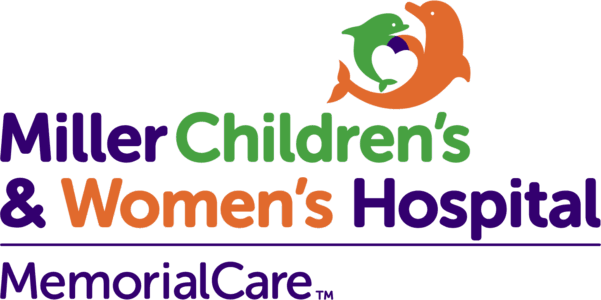By: Saar Danon, M.D., medical director, pediatric cardiology and congenital cardiac catheterization, MemorialCare Miller Children’s & Women’s Hospital Long Beach
Syncope, commonly known as fainting, occurs when there is a temporary loss of consciousness and muscle tone due to inadequate blood flow to the brain. While often perceived as harmless in most children, it can signal an underlying medical condition that warrants careful attention and evaluation.
In children, syncope may serve as an early warning sign of potential cardiac or neurological conditions. Conditions like arrhythmias or structural heart defects can disrupt effective blood flow, leading to a brief interruption in blood supply to the brain and resulting in syncope. Other factors, such as vasovagal syncope or seizures triggered by sudden changes in heart rate or blood pressure, can also be associated with fainting episodes. Often, there are warning signs prior to fainting, such as feeling lightheaded or dizzy. In those situations, squatting or sitting may prevent the fainting episode.
Parents should seek medical attention if their child exhibits fainting or near-fainting episodes, particularly if related to exercise or sports. In those situations, they should be seen by a physician before returning to participate in exercise. You can contact your pediatrician who may refer you to a pediatric specialist for further evaluation and treatment.
Parents should seek immediate medical attention for fainting if your child:
- Loses consciousness for more than a minute
- Does not quickly return to normal level of consciousness
- Palpitations (irregular or fast heartbeats) before fainting
- Had a fainting episode during exercise or sports
- Has multiple fainting episodes in the same day
Recognizing the potential risks associated with syncope and knowing when to seek a specialist for your child’s treatment is crucial. Parents in the South Bay can find guidance at MemorialCare Miller Children’s & Women’s Hospital Long Beach’s Cherese Mari Laulhere Children’s Village, providing comprehensive pediatric care for various cardiac conditions while also assisting patients through cardiac screening, monitoring, and treatment. There are more than 10 specialties represented at the Torrance location, including cardiology.
Before treatment, the care team at Children’s Village takes extensive steps to ensure accurate diagnosis through tests like electrocardiogram (EKG), echocardiogram, and home cardiac heart rhythm monitoring (Holter). The Children’s Village also provides follow-up care to aid in your child’s recovery from heart-related conditions. Regular follow-up visits, additional diagnostic testing, and education on preventative heart care are scheduled to ensure your child’s healthy development.
Should the need arise for more serious medical intervention, the Children’s Heart Institute at Miller Children’s & Women’s Hospital has a specialized care team dedicated to working closely with pediatric and adolescent patients and their families, should the need for a more invasive test or intervention, such as a cardiac catheterization or electrophysiology study to further diagnose and/or treat the issue.
To learn more, visit millerchildrens.memorialcare.org/heart.


